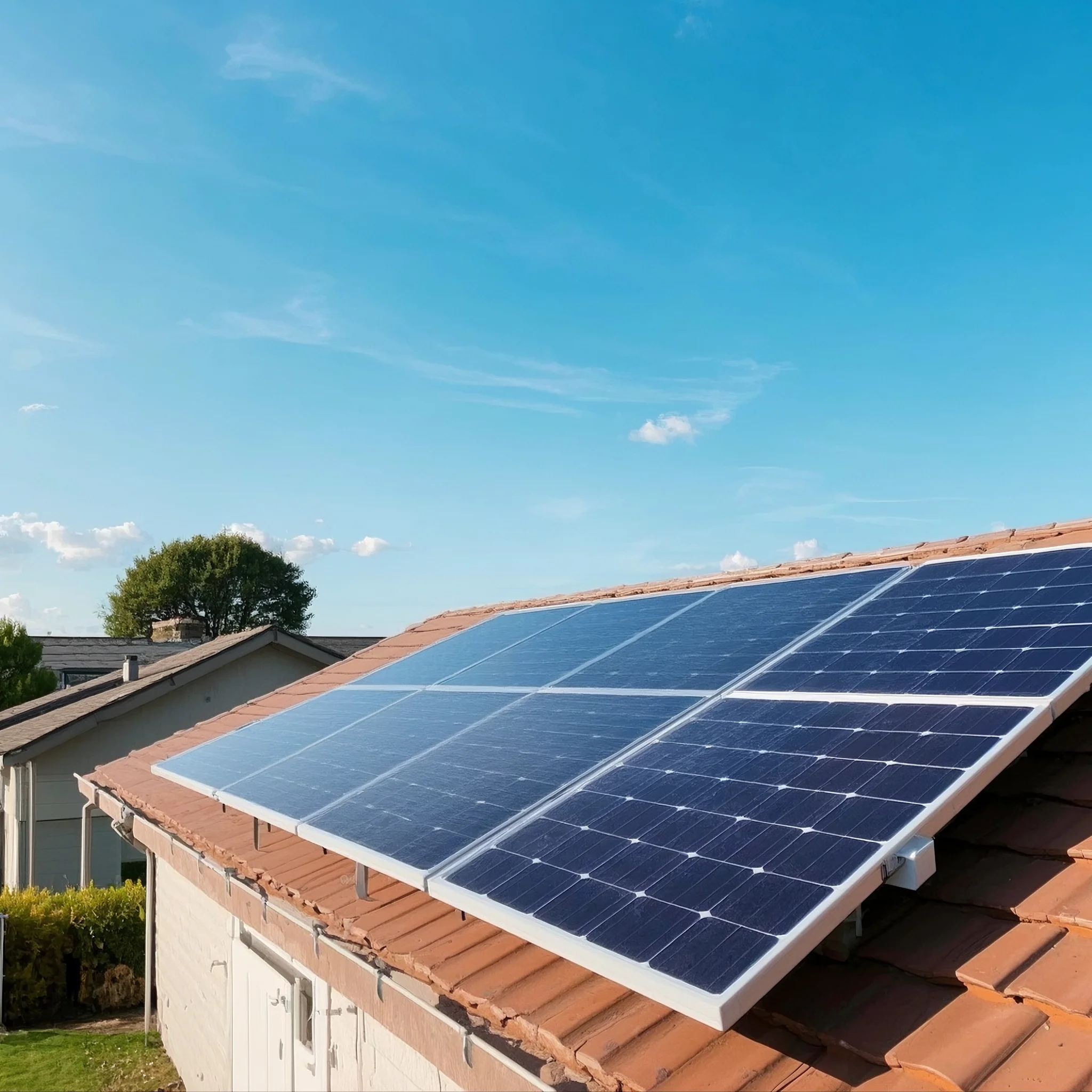In recent years, solar panels have emerged as a viable solution for homeowners looking to cut down on their electricity bills.
By harnessing the power of the sun, solar panels not only provide renewable energy but also offer significant savings in utility costs. In this blog, we will explore how solar panels work, the various benefits they provide, and the financial implications of investing in solar energy.
Solar panels operate by converting sunlight into electricity through photovoltaic cells.
When sunlight hits these cells, it creates an electric field that generates direct current (DC) electricity. This DC electricity is then converted into alternating current (AC) electricity by an inverter, which is used to power your home. By installing solar panels, homeowners can significantly reduce their dependency on traditional energy sources, leading to lower electricity bills.
One of the most compelling reasons to invest in solar panels is the potential for substantial savings on energy costs.
According to various studies, homeowners can save anywhere from 20% to 50% on their monthly electricity bills after installing solar panels. Additionally, many regions offer incentives, such as tax credits and rebates, which can further reduce the initial investment cost. Over time, these savings can add up to thousands of dollars, making solar energy a financially sound decision.
Moreover, solar panels increase the value of your property.
A study conducted by the National Renewable Energy Laboratory (NREL) found that homes with solar energy systems sell for an average of $15,000 more than comparable homes without solar. This increased property value can be particularly beneficial if you plan to sell your home in the future. Furthermore, with the rising awareness of environmental issues, many buyers are actively seeking homes with sustainable energy solutions, making solar panels an attractive feature.
In addition to financial benefits, solar panels contribute to environmental sustainability.
By utilizing solar energy, homeowners reduce their carbon footprint and reliance on fossil fuels. This transition to renewable energy sources is essential in combating climate change and promoting a cleaner environment. As more people adopt solar technology, the collective impact can lead to significant reductions in greenhouse gas emissions.
Finally, the technology behind solar panels continues to evolve
making them more efficient and accessible. Advances in solar technology have led to the development of more efficient panels that can generate more electricity from the same amount of sunlight. Additionally, battery storage solutions are becoming more affordable, allowing homeowners to store excess energy generated during the day for use at night or during cloudy weather. This innovation ensures that homeowners can maximize their savings and energy independence.
In conclusion, investing in solar panels is a strategic decision that can lead to substantial savings on electricity bills
increased property value, and a positive impact on the environment. With ongoing advancements in solar technology and supportive government policies, now is an opportune time for homeowners to consider making the switch to solar energy. As the demand for renewable energy solutions continues to grow, we can expect to see even more innovative products and services in the solar industry, further enhancing its viability as a sustainable energy source.
Table of Contents
- In recent years, solar panels have emerged as a viable solution for homeowners looking to cut down on their electricity bills.
- Solar panels operate by converting sunlight into electricity through photovoltaic cells.
- One of the most compelling reasons to invest in solar panels is the potential for substantial savings on energy costs.
- Moreover, solar panels increase the value of your property.
- In addition to financial benefits, solar panels contribute to environmental sustainability.
- Finally, the technology behind solar panels continues to evolve
- In conclusion, investing in solar panels is a strategic decision that can lead to substantial savings on electricity bills




